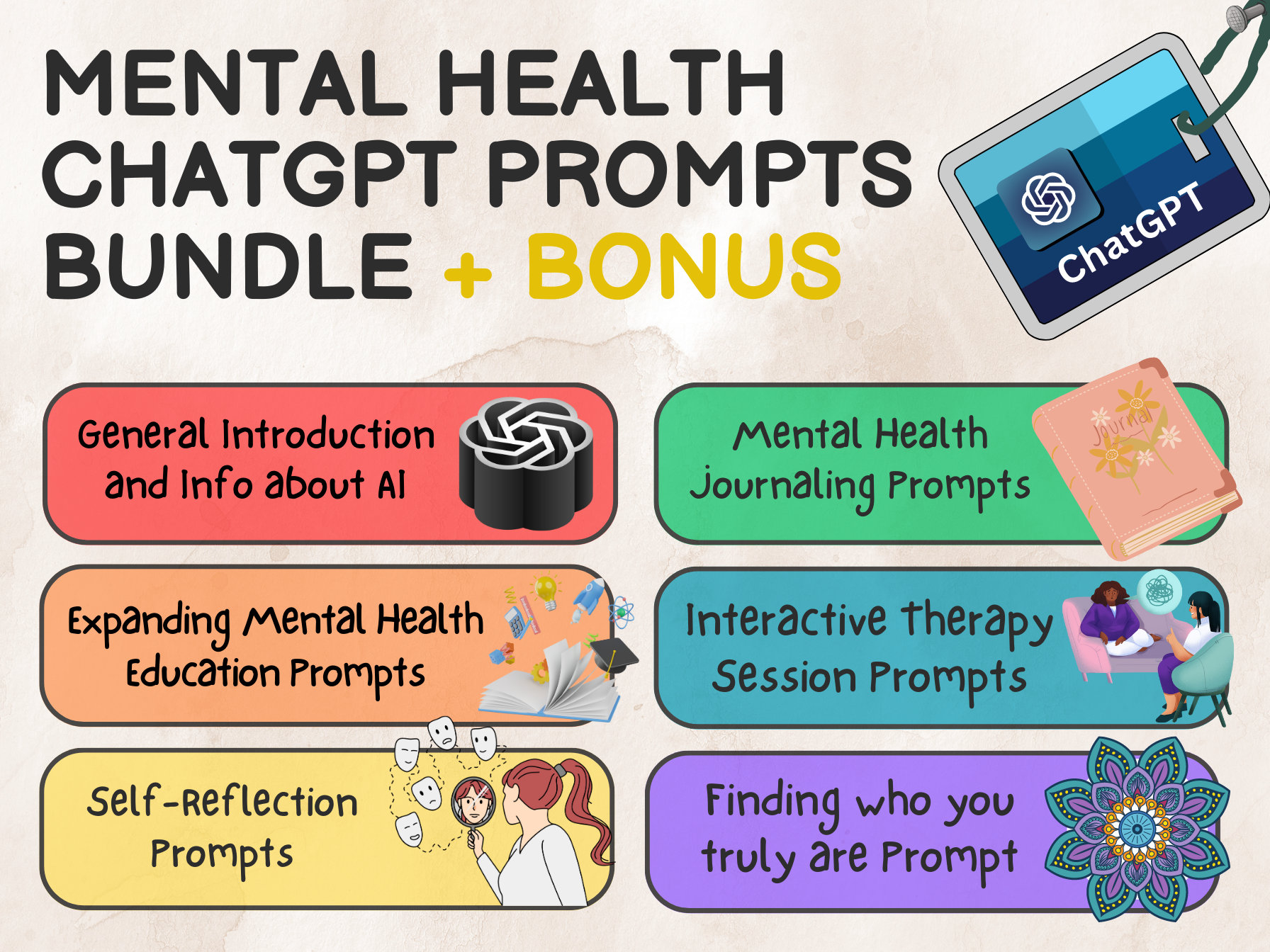ChatGPT for Mental Health Support: Guidelines and Ethical Considerations

Introduction

The advancement of artificial intelligence (AI) has led to the development of tools like ChatGPT, which can provide mental health support through automated interactions. While ChatGPT shows potential in this domain, it’s crucial to establish guidelines and address ethical considerations to ensure its responsible use.

Guidelines for Using ChatGPT
- Complement Professional Care: ChatGPT should not replace face-to-face therapy or other professional mental health services. It can provide complementary support, but users should be made aware of its limitations.
- Follow Ethical Principles: ChatGPT should adhere to ethical principles of confidentiality, harm reduction, and respect for patient autonomy. It should not gather or store personal information without consent.
- Transparency and Reliability: Users should be informed about ChatGPT’s capabilities and limitations. They should be aware that its responses are generated by AI and may not always be accurate or appropriate.
- User Consent and Control: Users should provide explicit consent before using ChatGPT for mental health support. They should have control over the interactions and can terminate sessions at any time.
Ethical Considerations
- Misinformation and Misdiagnosis: ChatGPT’s responses can potentially include misleading or incorrect information. It’s important to verify information and avoid relying solely on ChatGPT for diagnosis or treatment.
- Dependence and Overreliance: Continuous use of ChatGPT can lead to dependence and reduce the user’s ability to develop coping mechanisms. It’s essential to encourage a balance between AI support and other coping strategies.
- Privacy and Data Protection: Conversations with ChatGPT may contain sensitive personal information. Measures must be taken to protect user privacy and ensure data security.
- Stigma and Discrimination: The use of AI for mental health can perpetuate stigma. It’s important to normalize the use of AI as a tool for supporting mental well-being, not a replacement for human interaction.
Conclusion
ChatGPT can be a valuable tool for augmenting mental health support when used responsibly and with appropriate ethical considerations. By following established guidelines and addressing concerns about misinformation, overreliance, privacy, and stigma, we can harness the potential of AI in a way that promotes patient well-being and safeguards their rights.

